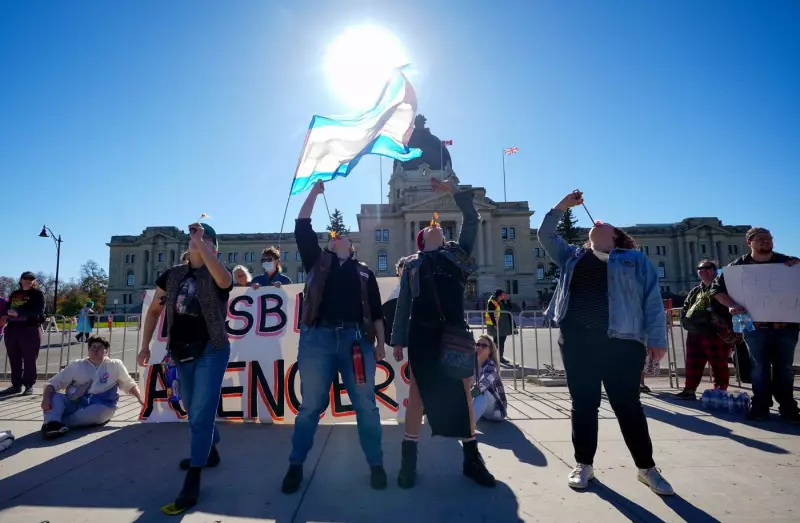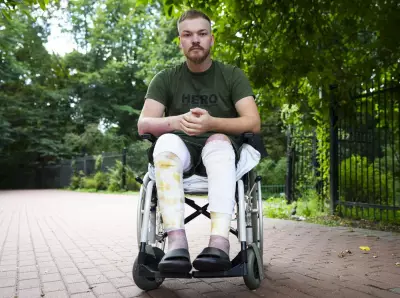
Canada's judicial landscape is bracing for a potential landmark decision as the Supreme Court considers whether to weigh in on Saskatchewan's controversial school pronoun policy. The case, which pits parental rights against student privacy and LGBTQ2+ protections, could set national precedents for how schools handle gender identity matters.
The Heart of the Legal Battle
At the center of this constitutional storm is Saskatchewan's Parental Inclusion and Consent Policy, legislation that requires schools to obtain parental consent before allowing students under 16 to use different names or pronouns at school. The policy has sparked intense debate across the province and beyond, with advocates arguing it protects parental rights while opponents claim it endangers vulnerable youth.
How We Got Here
The legal journey began when UR Pride Centre for Sexuality and Gender Diversity successfully obtained an injunction against the policy last year. Justice Michael Megaw ruled the policy would cause "irreparable harm" to gender-diverse youth, allowing the legal challenge to proceed while preventing the policy's implementation temporarily.
Saskatchewan's government responded by invoking the notwithstanding clause – Section 33 of the Charter of Rights and Freedoms – to shield the legislation from constitutional challenges based on certain Charter rights. This nuclear option allows governments to override certain Charter protections for five-year periods.
What's at Stake for Canadian Schools
The Supreme Court's decision to hear or decline this case carries enormous implications for:
- Provincial autonomy in education policy
- The limits of Charter protections for LGBTQ2+ students
- The appropriate use of the notwithstanding clause
- National standards for student privacy and safety
The Competing Perspectives
Supporters of the policy, including Saskatchewan Premier Scott Moe, argue that parents have a fundamental right to be involved in important decisions affecting their children's lives. "This is about ensuring parents aren't kept in the dark about significant matters concerning their children's well-being," one advocate noted.
Opponents, including numerous human rights organizations, counter that mandatory parental disclosure could put some students at risk of rejection, homelessness, or mental health crises. "For some youth, school is their only safe space to express their authentic selves," argued a representative from UR Pride.
The Road Ahead
While Saskatchewan's Court of Appeal has yet to rule on the constitutional questions, both sides are preparing for the possibility of Supreme Court intervention. The case represents one of the most significant tests of LGBTQ2+ rights in education since same-sex marriage legalization.
Legal experts suggest the Supreme Court's decision on whether to hear the appeal will signal how urgently Canada's highest court views resolving the tension between parental rights and student privacy in the gender identity context.
As the nation watches, the outcome could redefine the boundaries of provincial power, Charter protections, and the educational experience for gender-diverse students across Canada for generations to come.






